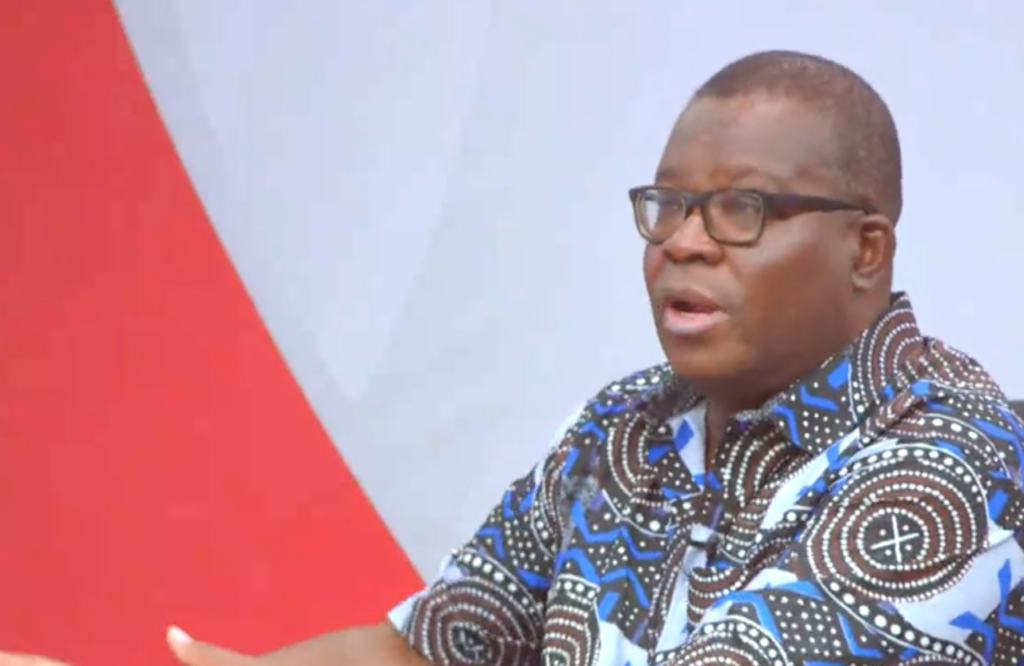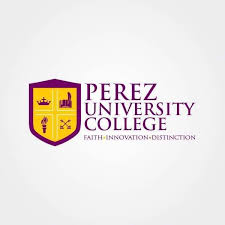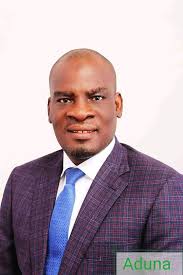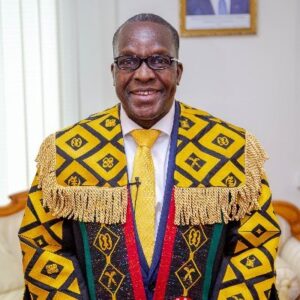NAGRAT President: Free SHS Program Unsustainable; Parents Should Contribute to Feeding and Accommodation Costs
Publisher January 10, 2025 0
The President of the National Association of Graduate Teachers (NAGRAT), Angel Carbonu, has called for a revision of Ghana’s Free Senior High School (SHS) policy, urging that parents should take on the responsibility of paying for their children’s feeding and accommodation expenses. He argued that, given the current economic situation, the government is no longer in a position to sustain the Free SHS program in its current form, and that parents should contribute towards these additional costs.
In an interview with Accra-based Okay FM on January 10, 2025, Carbonu emphasized that although the Free SHS program has provided benefits, it is no longer financially sustainable in its present state. He highlighted that NAGRAT believes the government should continue to provide tuition-free education, but parents should shoulder the costs of boarding and meals. This proposal follows similar suggestions made by the Conference of Heads of Assisted Secondary Schools (CHASS), whose members have expressed concerns about the increasing burden of feeding in senior high schools. Carbonu mentioned that school heads have urged parents to provide additional food supplies for their children before they return to school, due to persistent food shortages in many institutions.
Carbonu explained that students now rely on pocket money and food brought from home, as the system is unable to meet their nutritional needs. He criticized the government’s reliance on the National Food Buffer Stock Company, which has been unable to deliver food supplies on time to schools. The delay in food allocations, Carbonu noted, is exacerbated by bureaucratic inefficiencies, such as the requirement for headmasters to complete population inventories before they can receive funds. This has led to difficulties in managing food supplies and meeting the demands of the students, according to Carbonu.
To address the food crisis, Carbonu suggested that schools temporarily close while discussions take place among key stakeholders to find solutions. He also called for the appointment of a new Minister of Education to lead these discussions, emphasizing the urgency of addressing these challenges before the situation worsens.
Carbonu did not mince words when discussing the financial difficulties the country is facing. He referred to Ghana as a “debt-ridden, distressed country,” and pointed out that the government is struggling to manage its finances. With most tax revenue being absorbed by salaries, interest payments, and other statutory obligations, there is little room left for additional public spending. Carbonu also mentioned that even after national exams are held, the government faces challenges in paying for the marking of scripts. This, he said, underscores the financial difficulties the education sector faces, further complicating the sustainability of Free SHS.
Reaffirming NAGRAT’s position, Carbonu reiterated that the Free SHS policy should focus solely on covering tuition fees, with parents expected to cover the costs of boarding and meals. He clarified that this would not mean a return to traditional school fees, but rather that parents would be responsible for the costs associated with their children’s accommodation and feeding. Carbonu believes this approach would help ensure the program remains sustainable, especially given the country’s current financial limitations.
In addition, Carbonu suggested that the government provide targeted bursaries to support financially distressed families, instead of offering broad subsidies to all students. He explained that this would allow the government to direct resources where they are most needed, ensuring that support reaches those who truly require assistance without overburdening the system.
Finally, Carbonu called for a national economic dialogue involving various stakeholders to come up with realistic solutions to the country’s ongoing financial crisis. He stressed the importance of transparency about the country’s financial situation, as he believes that the inability to have honest conversations about the country’s financial health has contributed to the current challenges. Carbonu concluded that if Ghana’s financial situation improves in the future, it may be possible to reinstate the full Free SHS program. However, for the time being, he stressed that the country must face the reality of its financial constraints and make the necessary adjustments to ensure that the education system remains functional and sustainable in the long term.






